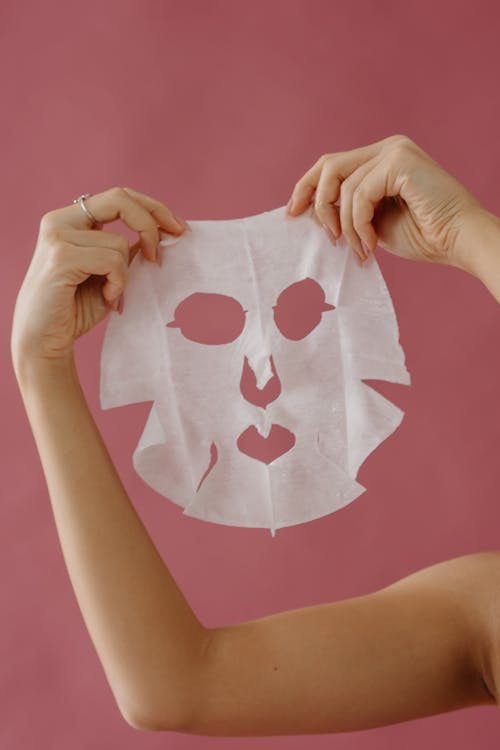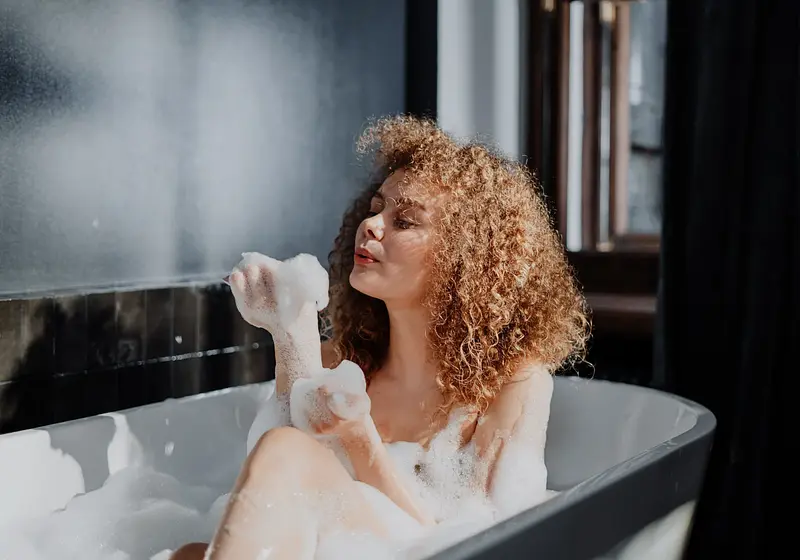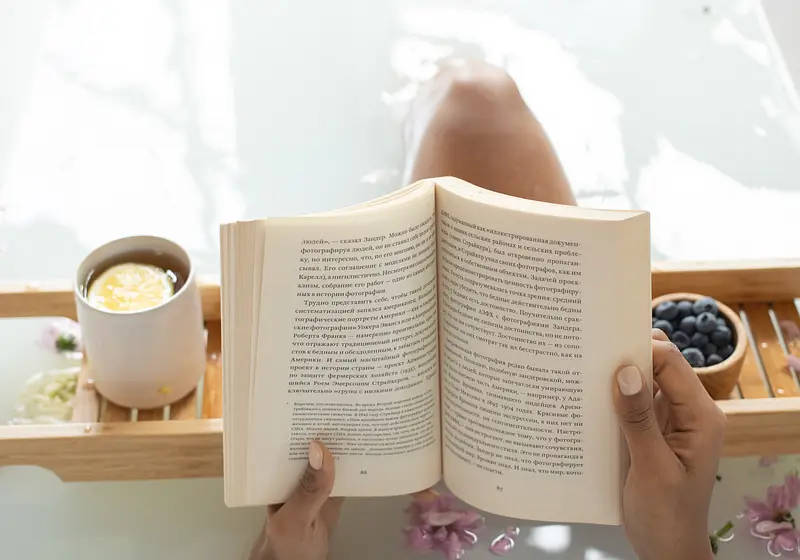Buy these vitamins to get rid of your acne!
Spend all your money on popular, bad-smelling candles so you can have a bath!
Take rest days! But don’t be lazy; that's disgusting.
Social media influence causes people to spend their money on pretentious things to have spa days and to truly “take care of yourself". As shown in my fellow TTM journalist Stephaine’s article on how consumerism is ruining self-care. I’m here to show you that you don’t need these extravagant items to take care of yourself.
Self-care has been romanticized and venerated, so we must spend all our time and money to fit in. This, however, is not the case.

Self-care, by definition, is “the practice of taking action to preserve or improve one's own health.” These actions range from brushing your teeth to having spa days. While having all these high-end things is great, the core of self-care can be achieved with just the basics: yourself and some care. Here are some key self-care activities and habits you can adopt to improve your mental well-being.
Let us slide into your dms 🥰
Get notified of top trending articles like this one every week! (we won't spam you)#1: Introduction to Self-Care
Self-care is a wide term for different ways to care for yourself. Some different types of self-care are:
Physical - such as taking care of your physical body
Mental health, such as taking care of your mental health needs
Emotional - such as making sure your emotions are well and regulated
Social - such as keeping ourselves sociable
We can condense each category into different habits and methods to elevate our well-being. In the next few chapters, I will elaborate on each of these and the different ways to improve them.

Take the Quiz: Discover Your Ideal Stress-Relieving Hobby
Everyone deals with stress differently, and finding the right hobby can help you relax and unwind. Take this quiz to find out which stress-relievin...
#2: Self-Care Habits
Practicing self-care daily can sound overwhelming when thinking about it in its entirety. So to simplify, we can use small daily or weekly habits to keep your well-being in check. Some examples of these habits are:
Drinking 2 liters of water a day
Exercising once a day.
Consuming 5 portions of fruits and vegetables per day.
Participating in activities that bring you joy
Taking at least 15 minutes a day to check in on yourself and your wellbeing
One of my personal favorites is doing my nails on a Sunday morning. I wake up early, so it is a calming practice with my breakfast and the sunrise. It also signifies the end of my week and the start of the next.
These small habits may sound simple, but they can get lost in the franticness of our lives. Unless you practice them regularly, in which case they become a habit, and they will come naturally. To help incorporate them into your daily life, I have shared how I incorporate them into my day.

#3: A Self-Care Routine
These are some of the daily habits I use to keep myself as well as I can be. I also named which category they are part of.
- Morning
Drink a glass of water first thing (physical).
Nutritious breakfast (often porridge with grapes and cranberries) (physical)
Create my daily to-do list (mental)
- Afternoon
Try to incorporate all macronutrients into my meals, including one of my five a day (physical).
Listen to my favorite music on the bus home from school (mental)
Take a half-hour break once I'm home from school (mental).
Read a chapter of my book (mental).
Make dinner for my family (social)
Try to get some method of exercise in (physical)
- Evening
Spend time with my family (social)
Write about my feelings in a journal and what I am grateful for (mental and spiritual).
Turn my phone off an hour before bed (mental)
Meditate (spiritual)
----
I obviously don’t do all of these daily. Often, on school days, I don’t have time to exercise or journal. However, one of the other key points is to not be hard on yourself.
A few consistent habits are better than 20 unused ones. We humans aren’t perfect, so just try your best!
#3: Self-care products
In contradiction to my opening, I'm going to show some of my favorite self-care products. I say again, they are not necessary! But they are nice to have, so here are my top few:
Amazon WaterBottle showing hourly water levels
Cult Beauty Silk Pillowcase, which helps to keep hair and skin healthy
Peanut M&M’s are my favorite treat for when I'm down.
#4: Self-Care Myth Busting
"Self-care is selfish." No, it’s not; self-care is making sure you are the best and healthiest version of yourself. No one else is going to do it for you. Be your own cheerleader! It is important to keep yourself well.
"Self-care is expensive." This is a common one, when I first learned what it was, I thought so too. But I hope after reading this article you will see that there are many free ways to keep your health at its best.
"Self-care is only for when you are stressed." While self-care can help when you are overwhelmed to help calm you down, taking constant care of yourself reduces your chances of getting overstressed or overwhelmed in the first place.
"Self-care is about pampering." While it’s nice to pamper yourself, self-care is about keeping the smallest and most forgotten habits in routine and not forgetting about your well-being.

In closing, self-care is an important component of mental well-being. By doing some of these small habits, we can keep ourselves safe and well, which can cause us to be less overwhelmed in the long run.














.jpeg)